The Sydney-based documentary photographer, Chris Alwin James, is a master storyteller of precious, fleeting moments.
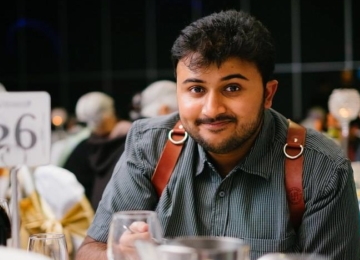
The 23-year-old Software Engineer was born in Mumbai, brought up in Kenya and finally became a resident of Sydney in 2007 where his passion for photography flourished. James also started his software company before he finished high school.
James became interested in photography at the age of 12 and bought his first camera Nikon D300 at 17.
“The reason I started photography is to share with other people what my part of India (Kerala- South India) really looks like. The greenery, the people, the food.” – James
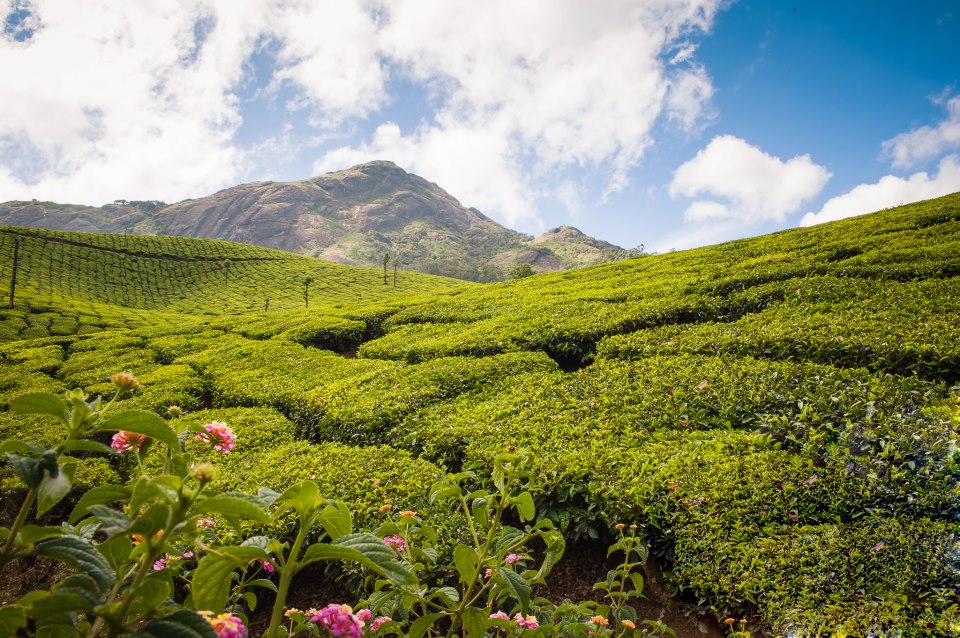
A skilled documentary and landscape photographer has the ability to evoke feelings, emotion and transform the viewer’s experience of the time and place. Master of these difficult elements can convey a mood, to tell a story and draw the viewers into the photograph.
The immense passion for documentary and landscape photography stems from James’s vision to contribute to the lives of others through his photography. For James, landscape photography is a platform where can take the time to share memories. James is the master of capturing expression as he can predict moments when people are going to express and emote.
“I would like to convey the moment of the story and expression in photos is my strongest suits of being able to capture emotion and expression.” – James
James uses documentary style photography to evoke the subjective experience and emotions in people, from the world around him. Even the way he shoots event is very documentary and he is known to document the moments around him without disrupting the flow of the event.
“I let things happens and I am just there to document it so that. This style goes back to why I like it as it allows people to relive moments that they never thought about.”- James
Within his five-year journey into the world of photography, James has been recognised by 500px the premiere photography community and had been asked to be a guest speaker at University of New South Wales on event photography.
FIB’s Exclusive Interview With Chris James.
What does photography mean to you?
Freezing moments.
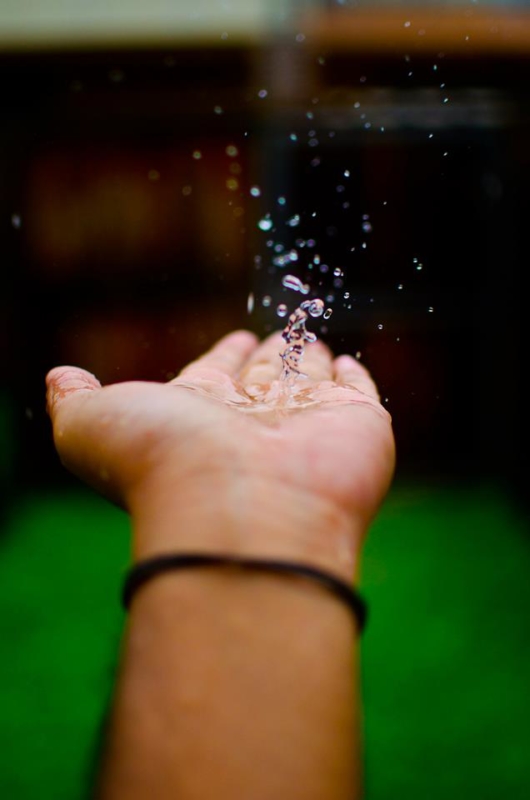
How has it changed your life?
It has completely changed my day to day life. Because of photography, I can share my experiences with people who are not there and create an avenue for the people relive the experiences.
Which photographers influenced you, and how did they influence your thinking, photographing, and career path?
A lot of wedding and landscape photographers have influenced the way I capture my photos, mainly Chase Jarvis and Rima Dharwash.
What technology/software/camera gear do you use to keep focused on what you do best, as you photograph?
In terms of software, I use Adobe Lightroom and Adobe Photoshop. They have been my tools of the trade for editing and editing software. I mainly use Lightroom and only if heavy retouching is required then will I only use Photoshop.
And in terms of camera equipment, I have changed quite a bit. I started with Nikon DSLR cameras but I found them to be really big and heavy so I made my transition to smaller mirror-less cameras. Though mirror-less cameras are not as good as the Nikon cameras, they are lighter to carry and it suits and my style of shooting.
Is there any specific photograph that you love and inspiring?
That is tough to specify especially with the nature of photography as there are so much media out there. But a photograph that I love comes from a book “Read This If You Want To Take Great Photographs”. I keep it with me just in case people come asking me ‘Hey Chris, how do you take good photos?’, I usually just let them have this book. The book shows a lot of different photos and techniques.
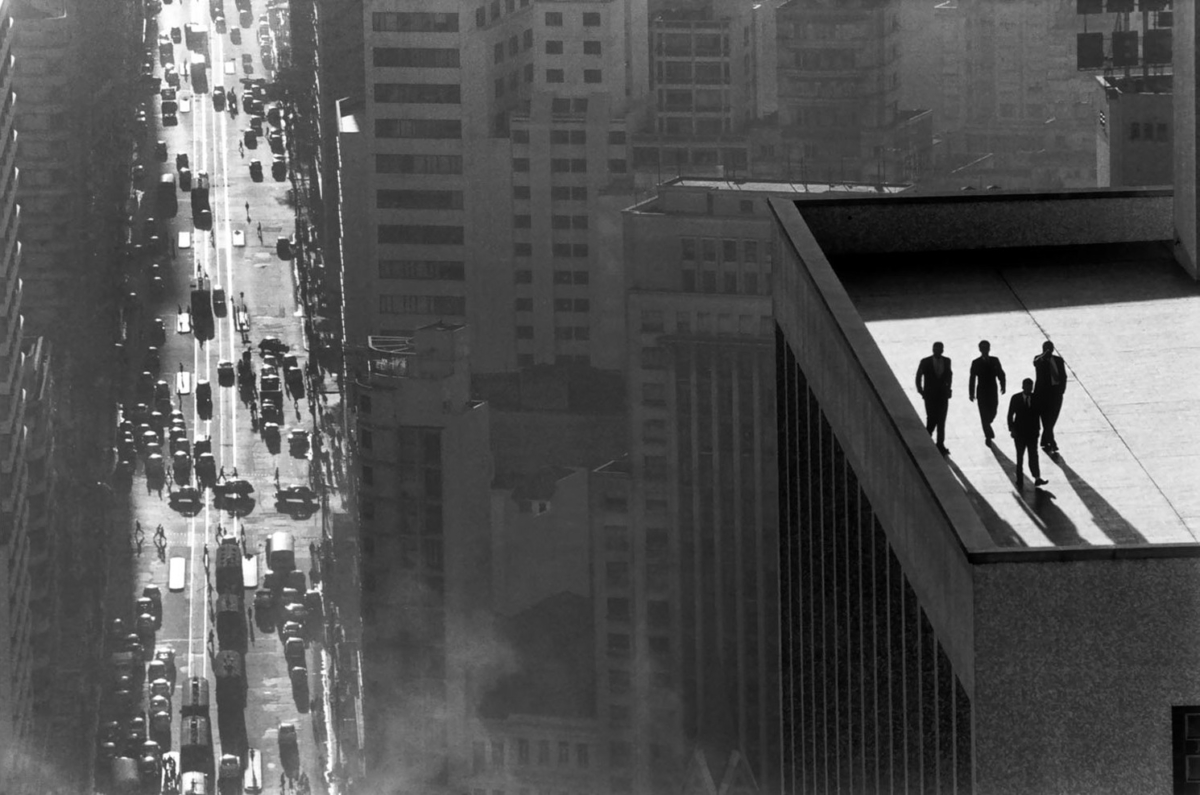
The one that I really like and have always loved is a photograph of shadows. It highlights the notion that, not that people are attracted to light or darkness it is the placement of light and dark and the contrast of juxtaposition between light and dark that people are attracted to. It taught me a lot and it also guides the way I take photos and the way I see. It is a black and white photo which is kind of interesting because I like to shoot in colour. I try to recreate the same effect but in colour. My photos tend to be a bit more colourful.
It is very simple and I always remember this photograph. It has taught me a lot
What is your favourite photo(s) that you have taken?
My favourite event photograph is a candid shot of a grandpa (one of my client’s grandfather’s 50th anniversary). It was a photo I took at the end of the event. I remember I captured it on the fly as I followed him. It was a moment where he turned around and looked at me with a grin and gave me the’ tump’s up’.
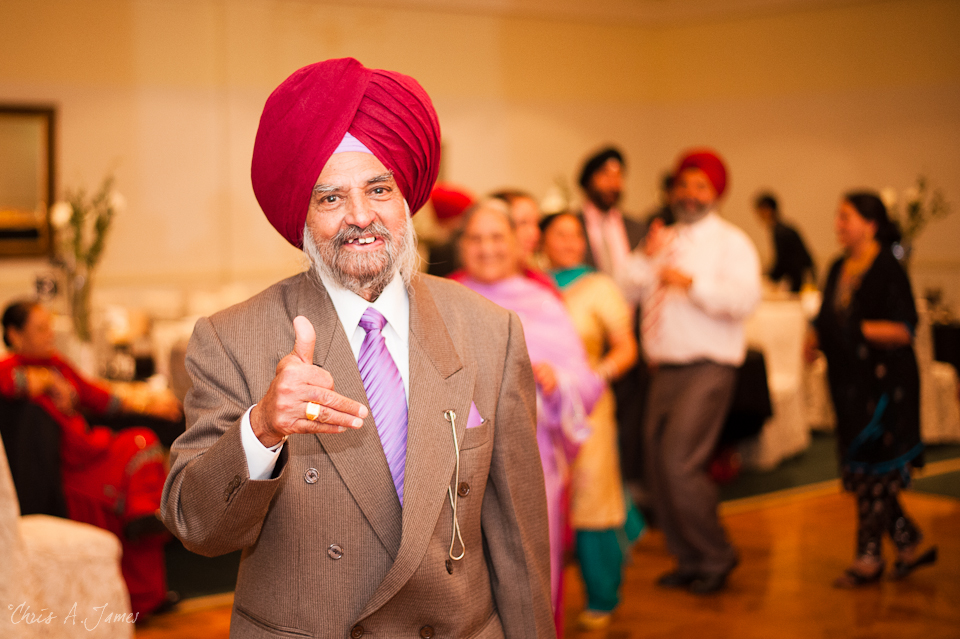
Unfortunately, years later he passed away and at that time the family called me up and said that they were using that photograph to remember him by. The family said it captured everything about him. Knowing that, it felt amazing to have contributed to this family. I could never compare sheer appreciation from 3K likes I get on a photo on Instagram to the appreciation I got from this family There is no feeling like it.
I am not just taking a photo as a documentary photographer. I am part and parcel of the event as I am not hiding in the shadows. I am helping people make memories. I get the boost from my clients positive and appreciative feedbacks and thanking me for being there. It’s moments like this, which gets me excited.
They’re two favourite landscape photos.
The first one is a picture of probably the best sunset I have ever seen in my life. It was in Jervis Bay and I remember it was a moment where I forgot to take the photo. I was completely lost in the amazing moment. There was no editing needed for the picture. It came straight out of the camera and I posted it online.
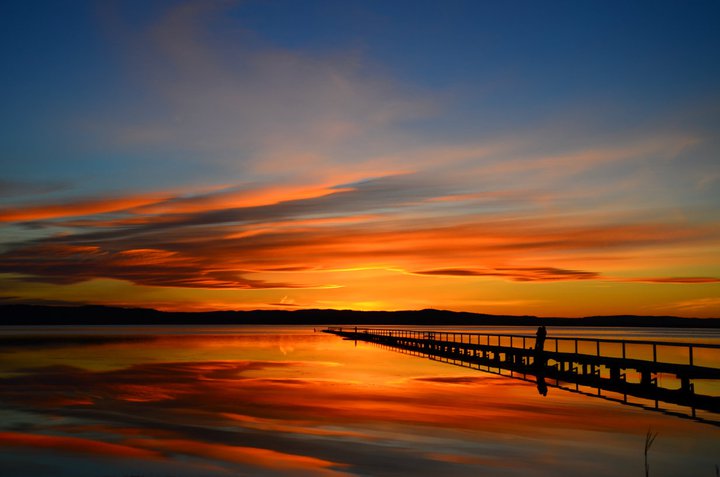
That photo made it to the front page of 500px. For me at that time, it was a huge moment because I was a kid who had nothing else. It was one the first photos I had taken and I never really thought it would go anywhere but it showed me how far and how wide reaching the photography community is. It also sealed my interest in the online presence for photography. That was the kick starter. It did not strike me till then until I thought about it. I was an unknown photographer who got 15,000 views and the ranking of 99.8, on the front page of 500px. I was thinking to myself, ‘I’m just nobody’, but people from all around the world are looking at my photo, especially top world-class photographers. That to me was completely insane. I think I might have taken a screenshot of it. The calibre of photographs on that website has inspired me a lot.
The second photo is of a boathouse I took in Munnar (Kerala-India). I was so stoked when Kerala tourism requested to use the photo.
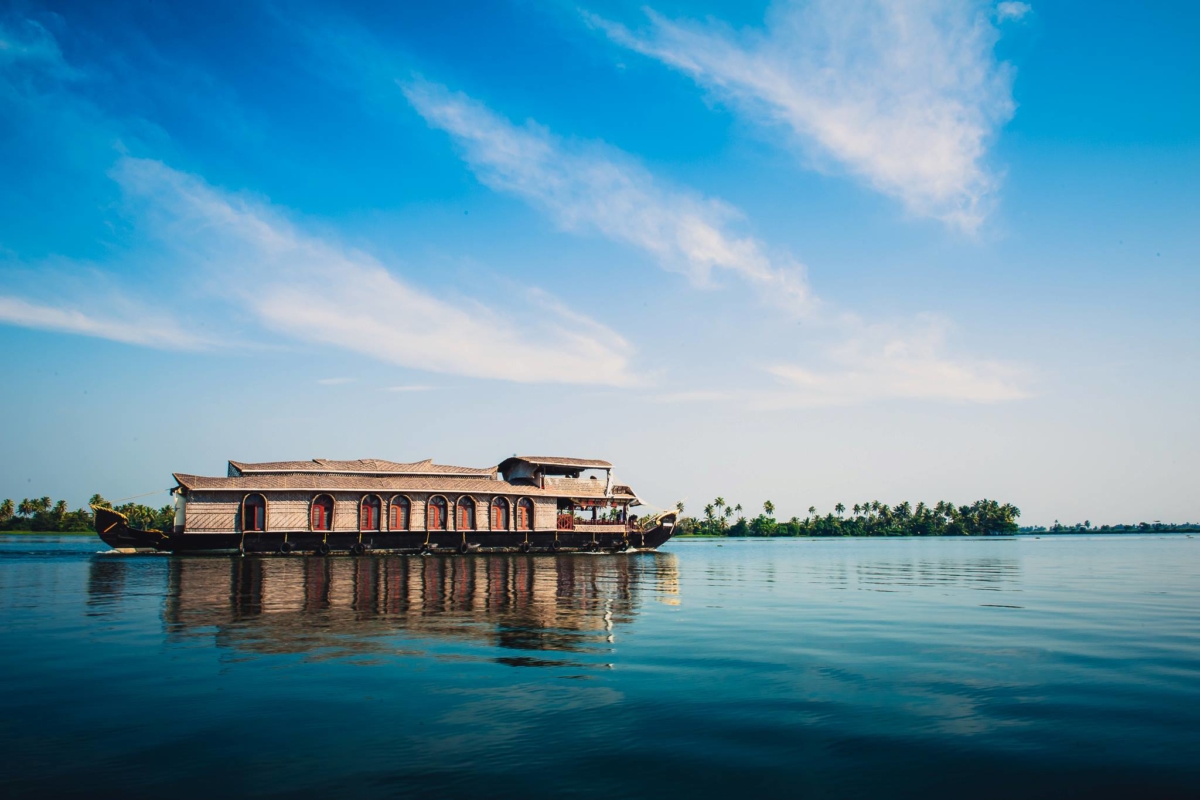
Have you ever thought about having an exhibition of your collection of works?
I haven’t thought about having an exhibition of my collection of works but I guess if I could exhibit them I think it would be pretty amazing.
Are you an avid social media user?
From the moment I got recognised on 500px, I started looking into scope and potential of social media and social media photographers. My medium of choice is Instagram. Social media as a platform only partly works for me because of the nature of my photography and I have my reasons:
I never really just have one photograph that is the summary of what I do
My documentary style is always three photos together or five photo together that tell a story.
It is because this did I build my website. The website allows me to tell stories through four or five photos in order. It suits me better for the documentary style.
Social media works for my single landscape photos.
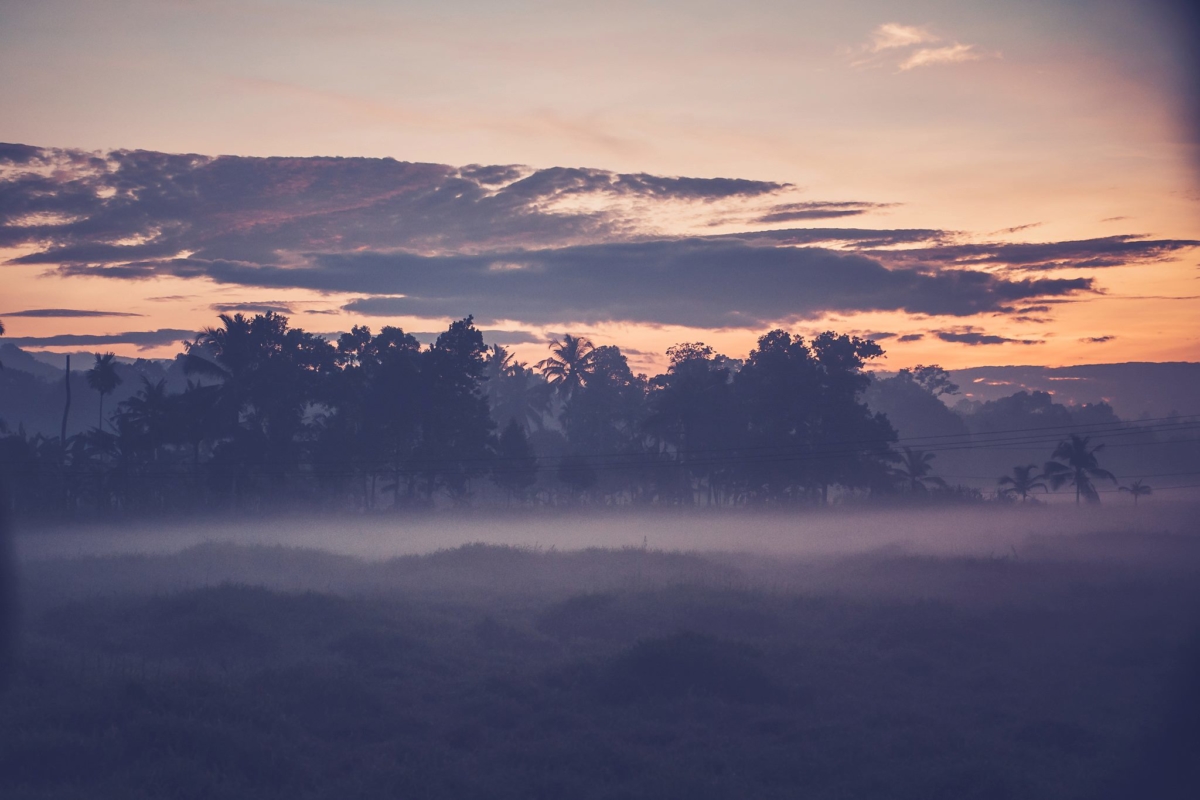
Would you ever collaborate with anyone or will this be an absolute solo performance?
I am a solo performance photographer, mainly because I haven’t really been able to find someone who shares my enthusiasm for documentary style photography.
I know many photographers who are into the social media and getting those few perfect shots which are usually from the pre-event shoot. With this, you only end up getting that one photograph that is amazing but an album that is average. Whereas I try to deliver a full album of amazingness and a full story. I am not disregarding the pre-event shoots, as I’ve come to realise I need both. I have changed my style my incorporating pre-shoot and play around with the angles and see what suits best. I do collaborate with other photographers when I can and learn a lot from them but I’m truly yet to find another photographer who does what I do.
What do you enjoy most about event photography?
What I enjoy most about event photography is being in the moment, the challenge and dealing with different types of people. Event photography is a prediction game of how well you understand the person. I can compare it to a war zone because I am always getting shot or shooting at someone. When there is so much happening around me, I have to process really quickly and be ready to take the shot. The only way to appreciate what’s happening and what’s going on is by being constantly present.
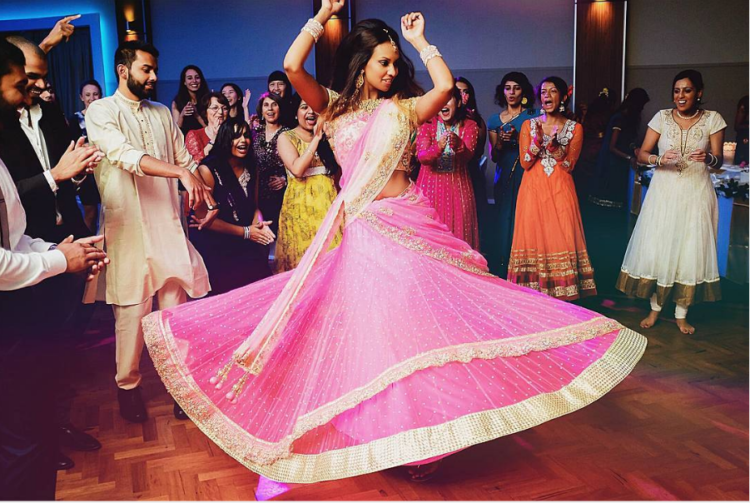
The beautiful posed photos that posted on Facebook have probably come after seven-ten takes. It is the best of many shots do you see on Facebook. Whereas with a documentary style, either you get or missed it. There is no second chance as moment doesn’t come again. Lucky definitely has a part to do with it. A photographer can tweak their odds of luck if they are aware, present and be watching the reactions. It is almost easy to predict how someone will react. Especially with music and paying attention when the beat will drop and most of all being aware of the angle the subject is facing. It’s these kinds of shorts that entertain me. Taking 10-15 photos in a portraits sessions are amazing but for a real challenge I would tell anyone to try event photography.
What do you enjoy most about travel/holiday photography?
Travel and holiday photography go back to the roots of why I started photography in the first place. To share with people an experience that they probably never had had or at least to share the experience from my eyes. I am very curious. The small aspects of life fascinate me. Photography allows me to highlight the little things or those curious moments or even just the vastness of something people might have missed or not seen before. That’s what travel photography does for me. It allows me to share moments with other people. I rarely ever go back through my travel photographs. They were not for me. They were for other people. So those photos I would share them online. I have no need to keep them.
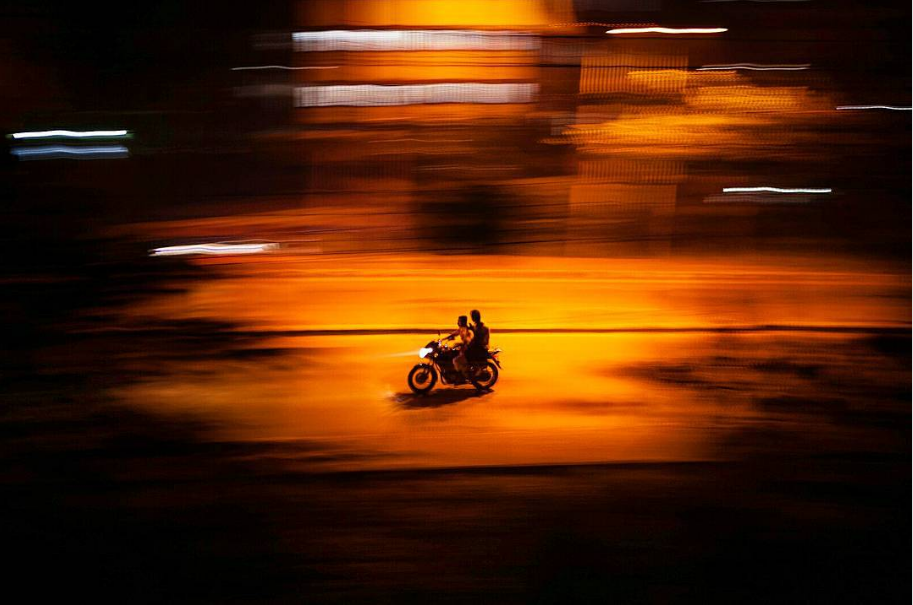
How do you get the person, place or thing that is in front of the camera just the way you want?
It all depends on the message that I am trying to convey. The reason I say that is because different lighting highlights different moods. If I need to photograph a girl, I use soft lighting because I want to fill all the dark area and give her a bright and beautiful and soft glow. If I need to photograph a guy, on the other hand, I don’t mind using something bit harsher which gives him a mean or mysterious look.
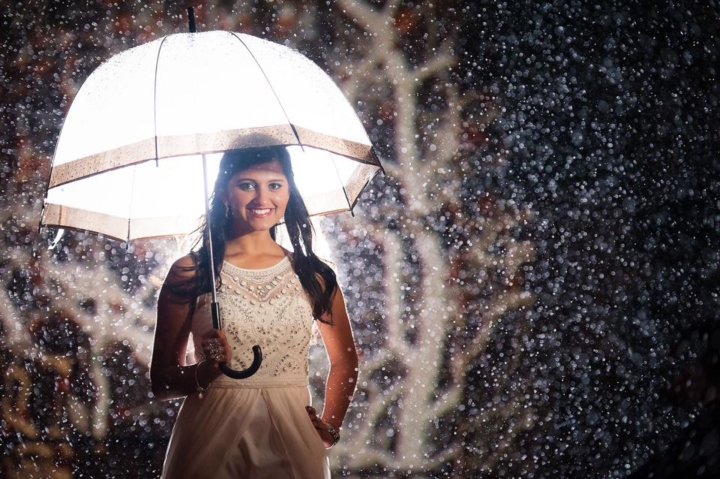
For a landscape shot I would use a wider lens and for detail shots, I zoom and take just the detail I want. For me, it is about refining the photograph. When I see something, sometimes the thing itself is what catches my eye like the way a building is designed and its certain angles. The more I refine what caught my eye, the more I started to appreciate it and I learned that a good photograph can capture what catches the eye. Two different photographers can take a photo of the same thing and come up with two completely different images and that comes down to what the photographer sees and finds interesting.
Are you one of those photographers who sees the life around him through a lens?
To be honest, I am always doing that. I always appreciate how certain things look through a camera. The way I look at it is that not how it will make a great photo, but people need to see this. I am always thinking about whether people have seen it through a different angle.
Also, when I see the different light, I see the way those lights interact with each other and shapes and wonder will it make an amazing abstract photo. I always appreciate first then take the picture.
Many times, I have been told that if I am busy taking photos I will not be able to appreciate what is going on. On the contrary, because I am taking photos, I have come to appreciate it so much so that my photograph can be a shadow of what it actually is. Only when I truly appreciate what is going on will I be able to convey that emotion, of the moment through a photograph to a person.
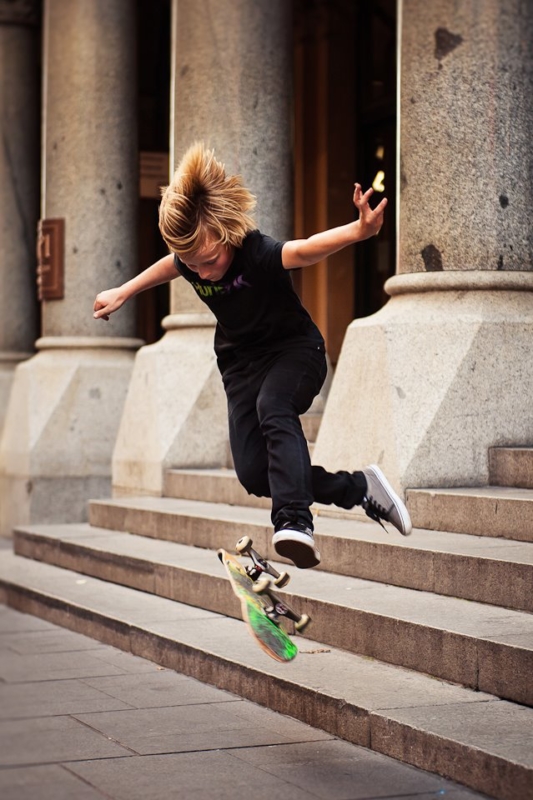
What motivates you to continue taking pictures economically, politically, intellectually or emotionally?
Economically – It is the skill-set that I have and if I did it without a fee, the sheer number of booking would be more than I can handle. I give away a lot of my work. I have invested a lot on my gear and there needs to be a return on that. Otherwise, I will not make it as a photographer, for that reason alone. Photography is an expensive commercial hobby
Politically– Why I started photography is for the political reason. I wanted to show people India, mainly South India
Intellectually – The reason why I love photography and why I keep doing it is not for the money. Photography is almost a stress factor. I do it because of the people’s skills I gain out of it. The ability to deal with people, predict people and to understand people in a very short amount of time. For my people’s skill, I single-handedly attribute to photography. I am better at reading people than I was five years ago. Speaking to people whom I just met, building a report with them and be able to be comfortable with the intimate moments. It is stressful, and it is tough but I gain lifetime worth of skills. Also, the nature of my other work is lonely, so I find photography to be a great compensation. It is an amazing creative outlet for me, as it allows me to balance my life well from a logical to the creative aspect of life.
Emotionally– The sheer joy of contributing it to other people’s life.
Where do you see yourself as a photographer in 5 years’ time?
In five years time, I see myself mainly as a part-time wedding photographer. Taking on half the load as a photographer and focus more on being a documentary style photographer.
Have you ever considered writing a book about your experiences in all the different places you have visited?
Yes. I have thought about it and I think the precursor to that is my website where it allowed me to start writing blog posts about all different experiences and the different events that I have shot and the places I have been.
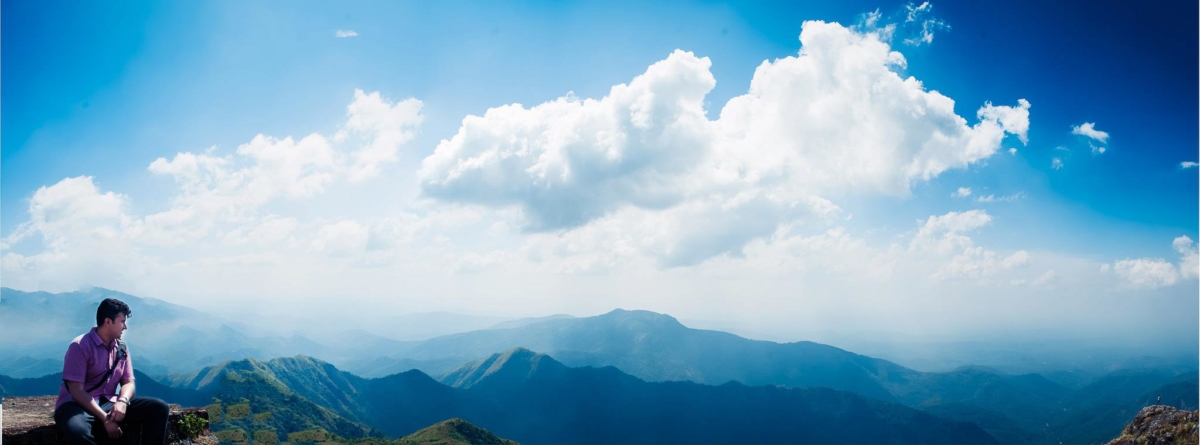
How is balancing full-time work with the photography career on the side working for you?
Honestly, a calendar. I always schedule everything and I have been very fortunate that my hobbies have turned into jobs. I am getting to do what I enjoy. In my free time, I code or editing photos. It is what it is. When it comes to stress release- coding is the stress release for photography and vice versa. I have learned to say no to a lot of things and try to find time for socials.
What advice(s) would you give to an upcoming photographer?
- For an event photographer – Learn to smile and be comfortable and everyone around you will be comfortable. Because when you are smiling and in the moment, you are able to feel the pure happiness and people around you will feel comfortable with you.
- Give it time. I look back at photos I took from five years ago when I started and to me they’re not that great. But one thing is that my trait has stayed the and my clients till this day love photos because of the emotion in them. That part of me has never changed and that has been there since the beginning.
Giving the time to perfect the techniques is pivotal. Understand what you want to convey. You also need to practice a lot. Every day for two years, I always walked around with a camera in my bag. I would walk around the city and take photos of anything that I found interesting. There were moments where I would realise, building or statue that I had walked past every day had become more interesting because I looked at them as a photographer. Anything and everything can appear different when you look at it thoroughly and you will learn to appreciate them.
Nothing in the world exists without some element of design and to realise that comes with time, patience and practice. In general to be a photographer you need to be very curious.






